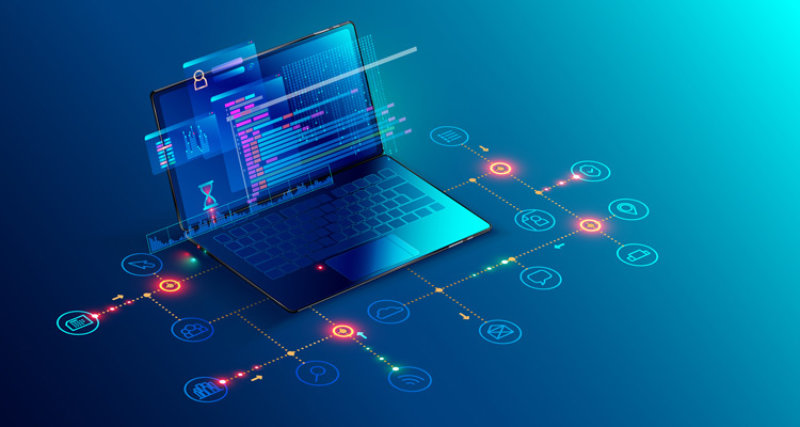In these uncertain instances, many laud the software program industry as one which won’t be disrupted with the aid of AI. Is this sincerely the case?
As AI begins to infiltrate the team of workers, employees worldwide are gripped with anxiety about how the labor landscape will be altered. The Pew Research Center released figures ultimate year indicating that huge majorities in many nations surveyed consider that the upward push of automation will make it harder for ordinary people to find jobs. The majority also agreed that automation could negatively affect the economic system and wealth equality.
Amid this worry, many are hoping that reskilling will defend them from the post-AI fallout. People are being endorsed in the so-called ‘task-friendly’ ranges to fill critical abilities shortages. Computer technology is explicitly constantly praised as a future-evidence field. In the machine age, people running in a software program can be the architects of our financial system, so the hype claims, however, is it authentic? Or is the perceived protection within the software enterprise built on a fallacy?
The use of automation in software program improvement has risen sharply in the previous few years. Far from feeling comfortable, as outsiders may assume they do, as many as 29pc of software builders worry they may be replaced using an AI. As Sergii Shanin writes for Hacker Noon, the trouble with traditional coding is that it’s pretty complex. “Testing conventional code has to assume each possible state of affairs, and this system grows exponentially,” Shanin explains. “This creates an actual scalability issue with code; at a certain point, it just becomes too unwieldy to maintain adding more and more strains of code to the original codebase.”

This is wherein gadget studying excels – it doesn’t require a complex set of policies to be amended to suit every possible situation; it develops its emotional intelligence. It’s seamless and a long way less cumbersome. The most effective disadvantage, if it may also be known as that, is delivering the enter-output system to a nebulous neural community black field. While now not an operational fault, it’s miles honestly unsettling on principle for leaders not to have a natural draw close of how a gadget is getting from A to B.
The performance and fee reduction will tempt firms, mainly because technological advances have made gadgets gaining knowledge more accessible than ever to firms. Many within the area are brief to quell anxieties about automation-associated task loss. Yes, software program experts are simply as possible to experience the effect of automation as maximum other specialists. Yet additionally, like foremost different specialists, commentators agree that computerized tools will resource, not update, human employees.
Looking at it with a bit of luck, AIs could be beneficial in trimming the fats from the improvement and engineering system. Tasks which include dealing with taking a look at facts and reporting status, all take away from the time that software program professionals, in reality, spend coding, trying out, and releasing. Deploying an AI should lessen the time spent on those activities and, if something, unfastened software program experts up extra to do what they do pleasant. So, in many methods, the software program enterprise isn’t incredibly exclusive to another industry. It is not any safer, neither is it in a great deal extra threat, than another profession. It may be the business decisions made around AI to have more of an impact on personnel than the technology itself. Whether AI will be harmed or help may be up for your boss, not the AI.
